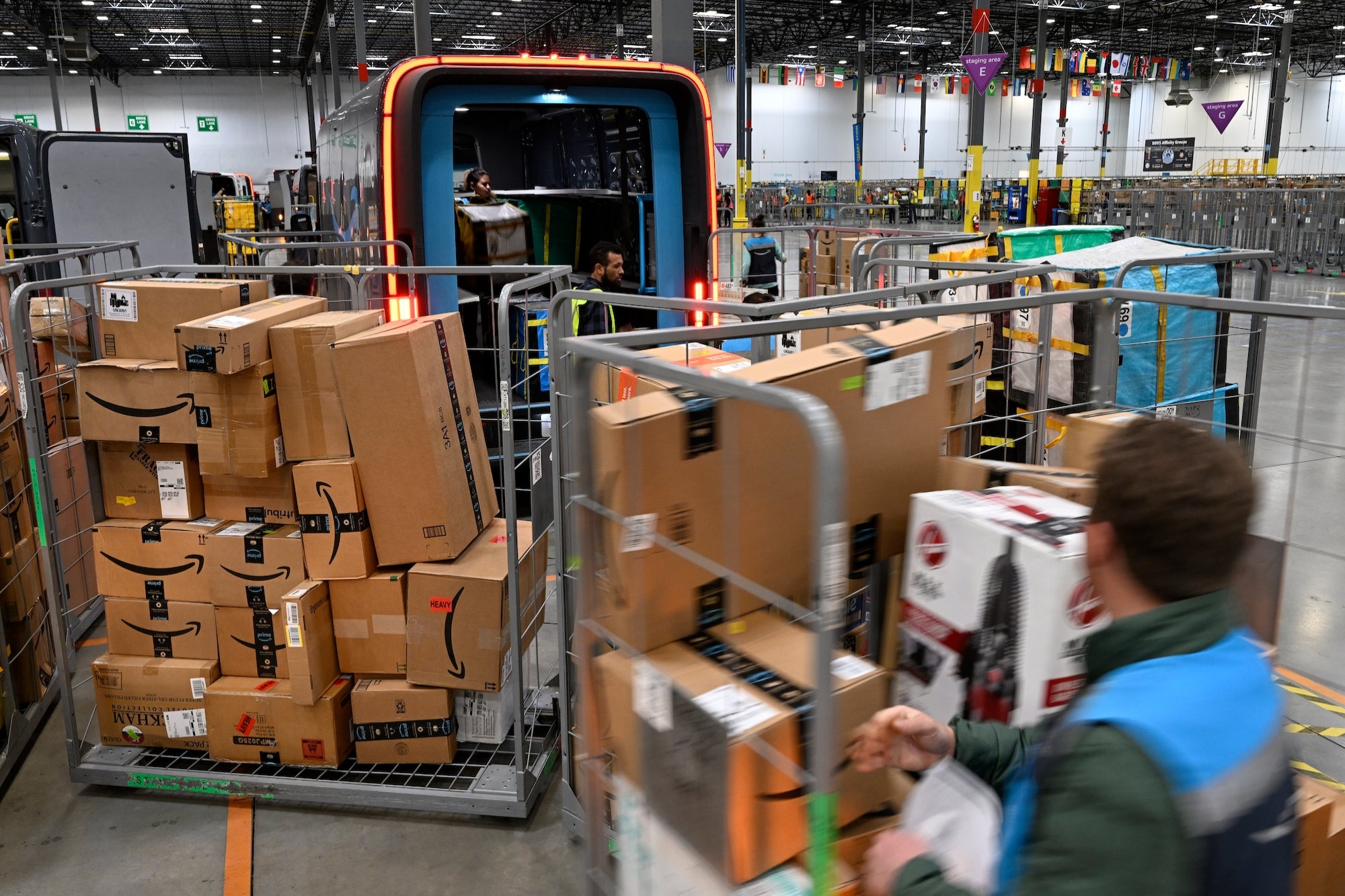Why 'Fail Fast, Fail Often' Is All HypeLearning from mistakes is natural and taking risks is what entrepreneurs do. That doesn't mean you fetishize failure.
BySteve Tobak•
Opinions expressed by Entrepreneur contributors are their own.

Perhaps the most counterintuitive concept to come out of the wild-and-wacky entrepreneurial craze is the notion that failure is a good thing. That it's not just OK to fail, but beneficial to your career and your business. That you really can't succeed without failing.
You've no doubt seen countless books and blogs telling you how to fail fast, fail often, fail better, fail forward -- every possible permutation on the theme you can imagine. The question is, is it true that failure is good, or is it all just a load of hype?
The answer, I'm afraid, is mostly the latter.
First, let's be clear: failure is not a good thing. It's not a goal. It's not a desired outcome. The very notion that it's not a big deal is creating a generation of entrepreneurs and workers that, best case, have a cavalier attitude toward failure and, worst case, think it's OK to screw up.
The problem, I believe, is that all those popular books and blogs are confusing the heck out of everyone about what failure is and is not. Let me break it down for you.
Failure is lack of performance. Failure is the opposite of success. Failure is falling short of your goals and commitments. Failure is saying you're going to do something and not doing it. Failure is being hired to do a job and then not doing it to the best of your ability.
Clearly, that's not a good thing.
Now let me tell you what failure is not. Failure is not a part of learning, as in trial and error. When a baby is learning to walk, takes its first step, falls down and bursts into tears, that's not failure. If the baby never gets back up and succeeds in learning to walk, that's failure. But making mistakes as we learn new things is not. It's simply the way we learn.
Likewise, when a poker player loses a few hands, that's not failure either. Even the best poker player in the world who makes all the right moves won't win every single hand because there's considerable luck involved. But if you consistently make the right bets and decisions, you will come out ahead in the long run.
Startups are the same way. That's why the venture capital model works so well. Venture funds bet on dozens of companies but only need a few to return big to come out ahead.
Sure, startups fail. In fact, most do but the last thing a venture capitalist, employee or customer wants to hear from a founder is that failure is an acceptable option. Rather, they want to know that you'll move mountains and do everything in your power to succeed on their behalf. It's a critical distinction … especially if you want to get funding, employees and customers.
When you hear great leaders like Amazon CEO Jeff Bezos and Virgin founder Richard Branson talk about failure, what they really mean is that entrepreneurs have to be willing to take risks, sometimes big risks. They have to be willing to experiment. Not only is that true, but I would argue that it's true of everyone driven to succeed.
In that sense, of course you have to be willing to accept that failure comes with the territory. It certainly doesn't mean that you should be happy about it or simply shrug it off and sayc'est la vie, whatever. You have to take failure seriously if you want to avoid it in the future. And trust me when I tell you, you do want to avoid it if possible.
Besides having the guts and the tenacity to stick with a venture through all the inevitable hurdles and pitfalls, you have to pay attention when things go wrong. You have to be willing to do a post-mortem on what happened and take a cold hard look in the mirror to learn from the experience. If not, you risk making the same mistakes over and over again.
Failure can also be an antidote to hubris or exaggerated self-confidence. When Steve Jobs was fired from Apple, that public humiliation was like a brick to the head. He later said it was "awful tasting medicine, but the patient needed it" to grow up and achieve future success with Pixar, not to mention Apple's remarkable turnaround and string of iconic products.
Likewise, former Intel CEO Andy Grove -- a mentor to Jobs -- observed that success can lead to its own demise. One of the reasons for that is that some people let success go to their heads. When you begin to think you're special and can't fail, that's when your ego is prone to writing checks that reality can't cash. Failure breeds humility. In that sense, failure is good.
The funny thing is, none of this is new. As a young engineering manager back in the dark ages, I was pretty full of myself. When my bosses told me that I lacked maturity -- that I would need to get some failures under my belt to continue my progression up the corporate ladder -- it made me angry. That was a sure sign that they were right.
Bottom line: don't believe everything you read about failure. If you want my advice, do everything in your power to be successful at everything you do. If you fail, learn from it. Simple as that.












